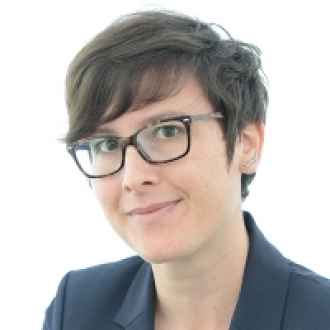The primary focus of my research is on the metaphysics and ethics of human freedom in the early modern period. In particular, my work centres around conceptions of volition, which, in this period, intersected with theories of perception, motivation, intellect, imagination, the psycho-physical interface, moral responsibility, and freedom. To date, my work has treated the vexed notions of volition and freedom in the systems of the French Oratorian Nicolas Malebranche and the British philosopher John Locke.
More recently, I have shifted my attention to how early modern views of physiology inform or underlie commitments about human freedom in the early modern period. This line of inquiry requires an analysis of how thinkers conceived of the function and behavior of animal spirits and their influence on the imagination and overall health of the body. Looking at moral responsibility and freedom from the perspective of environmental and social factors that influence the animal spirits allows us to better appreciate the complexity of moral theories in the period, and to see how responsibility ought (and ought not) to be attributed.
Currently, I am working on mapping Malebranche's medieval influences with respect to how he understands the fine distinction between human and divine action, in particular as expressed in his final work, Réflexions sur la prémotion physique (1715). I am also thinking about Locke's notion of clear and obscure ideas in the context of his claim that we do not have a maximally clear idea of our own active power.
I teach classes in early modern philosophy and ethics, including Introduction to Moral Philosophy and Early Modern Philosophy, as well as seminars that focus on philosophy in the 17th and 18th centuries. I have a particular interest in examining the writings of women philosophers in the period.
If I am not thinking about philosophy, I am likely reading fiction, doing the NYT crossword, or watching hockey.

